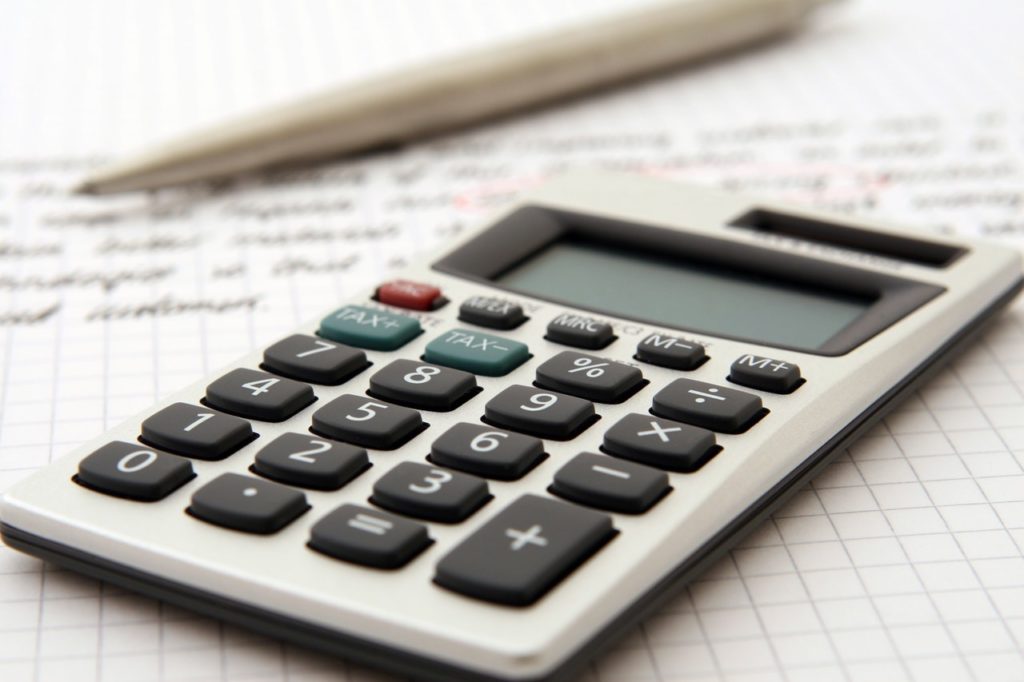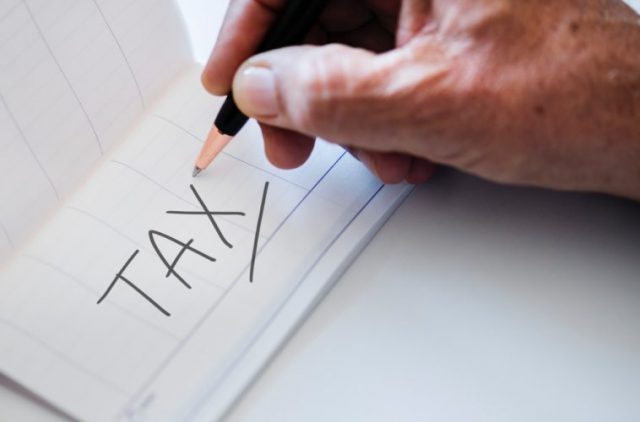Last year,
it was announced by the government that the UK tax system would be changing,
honouring its campaign promises to cut income tax rates and increase personal
allowance. This new legislation will be beneficial for millions of households
across the nation, with basic-rate taxpayers recouping, an average of £130 a
year extra. Wisteria Accountants explore in this article some of the
factors that influence how much income tax we pay and provide some tips on how
you might reduce your annual bill.
<h2 How much income tax should
you paying based on your earnings?
The amount
you’re taxed depends on the wages you receive, and because the goalpost has
shifted once again from April 6th, its worth specifying how much UK
taxpayers will be required to pay in the new financial year. Here’s a
breakdown of the income tax thresholds for 2019-20:
<ul
– the amounts of income we’re allowed to earn tax-free – is going up
again in the new tax year, from £11,850 to £12,500.
band (20%) will be £12,500 to £50,000
band (40%) will be £50,001 to £150,000
rate tax band (45%) will be £150,000 and over

The latest
changes should be beneficial for UK taxpayers, with 32 million of us getting to
keep more of our earnings. The increase in the personal allowance means
we’ll get an extra £650 a year tax-free, and the new basic rate tax ceiling (a
jump from £46,350 – £50,000) means higher earners will pay the lower rate of
20% on an additional £3,000 of their annual income.
<h2 Other factors that affect how much Income Tax you pay
It’s not just your earnings, that impact how you need to pay
income tax. Other factors too can have a big impact on your annual tax bill,
most notably how you earn your money and how you invest it. Here are some of
the ways you might reduce the amount you pay in income tax:
<ul
income comes from shares, you’ll benefit from a dividend allowance of £2,000.
Any tax you pay over and above your allowance will depend on which tax band you
fall into once you calculate your overall income. Basic rate taxpayers pay 7.5%
on any dividend income they accrue above their allowance, higher rate taxpayers
32.5%, and additional rate taxpayers 38.1%.
you’re married or in a civil partnership and you’re a basic rate taxpayer, you
may be able to boost your personal allowance and reduce your income tax bill.
If one partner earns significantly less than the other (and crucially the
amount they earn falls below the personal allowance – currently £11,850), that
person can transfer £1,190 of their personal allowance to their partner,
reducing his or her income tax bill by up to £238 a year.
your income tax bill, invest in an ISA. You can pay a big chunk of your salary
(up to £20,000 a year) into an ISA without incurring any capital gains tax,
dividend tax or income tax. Plus, any interest you earn from your ISA is
completely tax-free.
basic-rate or a higher-rate taxpayer, you’re entitled to a certain amount of
tax-free income on any interest you accrue from savings (not counting your ISA,
of course). This is set at £1,000 and £500 respectively.
get a portion of your income from capital gains (as a property developer, for
example) you’re entitled to a certain amount of tax-free earnings. As of April
2019, the personal allowance for capital gains tax is set to increase to
£12,000. That’s an extra £300 of tax-free profit on the sales of any assets.
higher earners, a good way to offset some of your income tax is to pay a little
extra into your pension fund. Higher-rate taxpayers enjoy 40% tax relief on
pension contributions, compared to just 20% for basic-rate taxpayers. So
putting a little extra away for your retirement could shave a few pounds off your
annual tax bill.
Overall, to
get the most out of your money and ensure you not paying more than you need
income tax, you can consider research further online or speak to a
professional.









